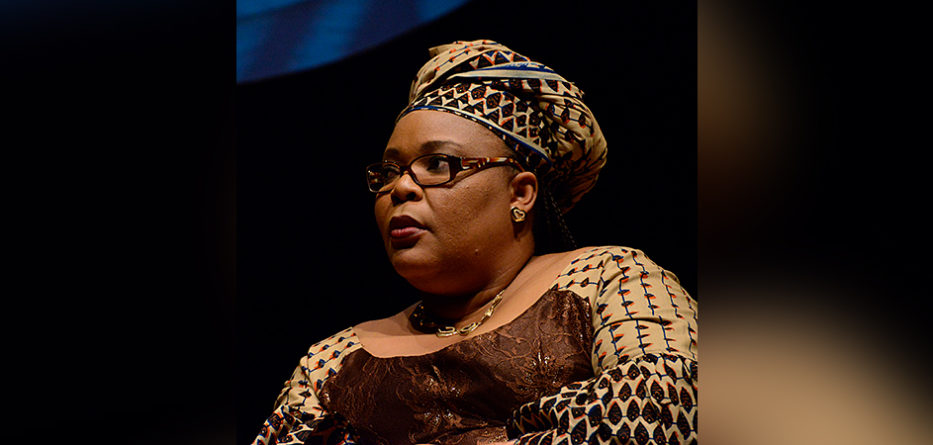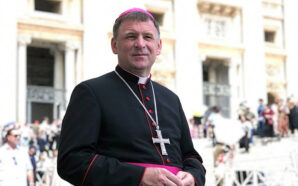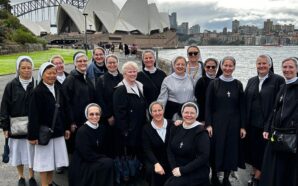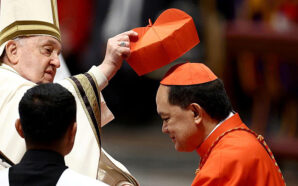Leymah Gbowee, a member of the Higher Committee for Human Fraternity, speaks about the importance of promoting the rights of women and girls, in order to promote human fraternity globally.
The International Day of Human Fraternity was marked globally on 4 February, the anniversary of the signing of the Document on Human Fraternity and Living Together by Pope Francis and the Grand Imam of al-Azhar in Abu Dhabi in 2019.
This year, on the second anniversary since the day was formally recognised by the United Nations, members of the Committee of Human Fraternity gathered from across the globe in Dubai, to participate in the celebrations.
Dubai events
From 2 to 5 February, a festival took place, and people from all walks of life participated in a myriad of events and initiatives aimed at promoting tolerance and human fraternity.
Friday’s celebrations saw a round-table discussion, in which the majority of the members of the Higher Committee participated, marking the day which has as its theme “under the same sky”, a message aimed at seeing all human beings as one family, together and united.
One of the keynote speakers was H.E. Sheikh Nahayan Mabarak Al Nahyan, UAE’s Minister of Tolerance and Coexistence.
A round-table discussion followed with several guest speakers, amongst whom the majority of the members of the Higher Committee. Representing the Vatican was Cardinal Miguel Angel Ayuso, President of the Pontifical Council for Interreligious Dialogue, who spoke alongside H.E. Dr Muhammad Al Duwani, Al Azhar Deputy of the Grand Imam, and H.E. Judge Mohamed Abdelsalam, Secretary-General of the Higher Committee.
Other members of the Higher Committee that spoke were Irina Bokova, Former Director General of UNESCO, Rev. Dr. Ioan Sauca, General Secretary of the World Council of Churches and Professor Dr. Mohamed Al Mahrasawi, President of Al Azhar University.
A woman’s voice
Leymah Gbowee, a Liberian peace activist and women’s advocate as well as Nobel Peace Prize winner in 2011, was also present in Dubai, and spoke to Vatican News. As a member of the Higher Committee, she seeks to give a voice to women, who along with girls “are an integral part of God’s creation.”
Ms Gbowee stresses that over the decades women and girls have “been marginalised”, have “suffered immense violence before, during and after conflict”, and they “continue to be left our of political processes and decision making processes.”
“We continue learning that those who are most affected by the climate crisis are women and girls. Victims of trafficking are also mostly women and girls.”
This Document, she continues, states that “we are all God’s creation” and that we should all be treated equally.
No fraternity without female voices
We should all have freedom, and a large part of the Document on Human Fraternity is dedicated to women and girls, she notes.
“There can be absolutely no human fraternity without women and girls”, she stresses, and the first concrete step has been made, she added, and that is “acknowledgement”.
“This document is due to the tenacity of the Pope and Grand Imam,” stressed Leymah. “Though many leaders shy away, this document has fullfilled one of my wishes, and that is that one religious leader would be vocal enough to call for gender equality and for the recognition of women’s rights.”
It is all in the document, concluded Leymah. Now, “our duty, as the Higher Commission, is to implement the Document so that we can see changes in the different issues affecting women.”
With thanks to Vatican News and Francesca Merlo, where this article originally appeared.








